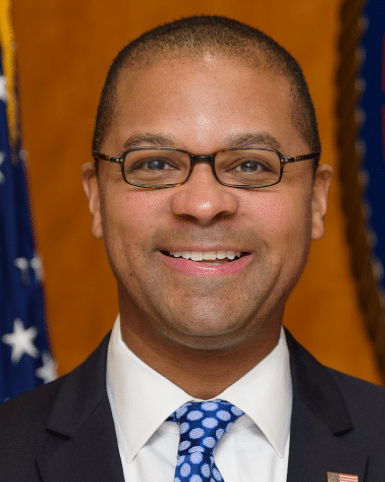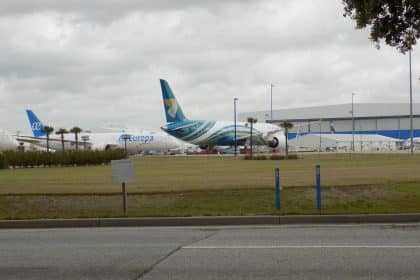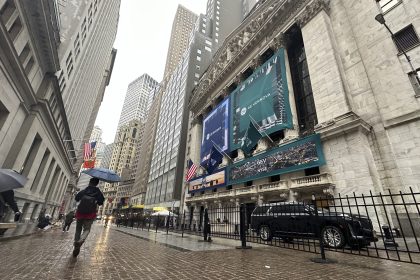Black-Owned Businesses Lack Resources Amid Pandemic

The pandemic has made clear that broadband access goes hand-in-hand with economic opportunity, exposing the inequities and lack of resources for black-owned businesses across the country, according to Commissioner Geoffrey Starks of the Federal Communications Commission.
Since the onset of the novel coronavirus pandemic, black business ownership has decreased by 41%, with research pointing out that a key factor to this is an inability to digitize their companies for consumers to access their services or products online, Starks said during yesterday’s FCC event entitled, “Future of work: Black Owned Businesses and the Digital Divide.”
According to Ron Busby, president and CEO of the U.S. Black Chambers, 35% of black business owners inefficiently trained on how to have “internet visibility” through e-commerce, a proper online presence, which is essential to businesses surviving the current economic recession and pandemic. Calling for “intentionality” within policy decisions, Busby said there needs to be a honed-in and inclusive approach to the programs that are supposed to address the loss of black-owned businesses and lack of targeted aid.
“We need to be able to provide them, both private sectors and public sectors, the resources and the information that they need to be able to grow,” Busby said, targeting the policy programs to the communities that they affected “first and foremost” by involving those communities directly.
“Equity looks like anyone who wants to start a business has the opportunity and understanding of where they can locate resources to not only start that business, [but] to grow that business,” said Stephanie Sykes, founding executive director and general counsel for the African American Mayors Association, agreeing with Busby.
The digital divide separating communities with high-speed broadband access from those without, particularly in urban versus rural areas, has been a top-of-mind issue at the FCC for the last few years. Last year, amid the pandemic and economic recession that ensued, when Congress passed the Consolidated Appropriations Act of 2021, it included $3.2 billion for the Emergency Broadband Benefit program to expand access and enable vulnerable communities to connect.
The disconnect seems greater for communities of color, Starks said, with Pew Research Center finding 34% of Black people are without an at-home broadband connection. The digital divide has moved away from just a rural versus urban problem, Starks said, with more than three times as many Americans still disconnected in densely-populated areas and more than 20 million unable to afford to adopt high-speed broadband.
Ensuring there is access by deploying broadband to all areas is one part of the equation. The second is affordability that allows for the adoption of this broadband. Making broadband affordable for everyone across the nation, which Starks sees as a civil right, is the only way to ensure everyone can “keep pace with this changing world” and be part of the workforce with the same opportunities for all businesses and workers, regardless of race, income or address.
“Rebuilding our economy depends on uplifting and empowering those vulnerable folks…to boost our economy, we must also connect those Black workers to affordable broadband,” he said.
Tackling the “barrier” of adopting affordable broadband “matters because people cannot work remotely, start or sustain their own businesses, upskill and reskill themselves as they turn to online training programs,” said Starks, the latter is particularly important given the “changing and dynamic workforce” from the acceleration to automation that this pandemic has caused.
These can be accomplished through private-public partnerships, said Sykes. Local governments, which are more immediately accountable and in touch with the needs of the communities they serve, have begun partnering up with private companies that can provide broadband. These private-public partnerships play into and are encouraged by the emergency broadband benefits program, which incentivizes broadband providers with reimbursements for providing internet services – $50 per low-income household reached and $75 for Tribal Lands.
























